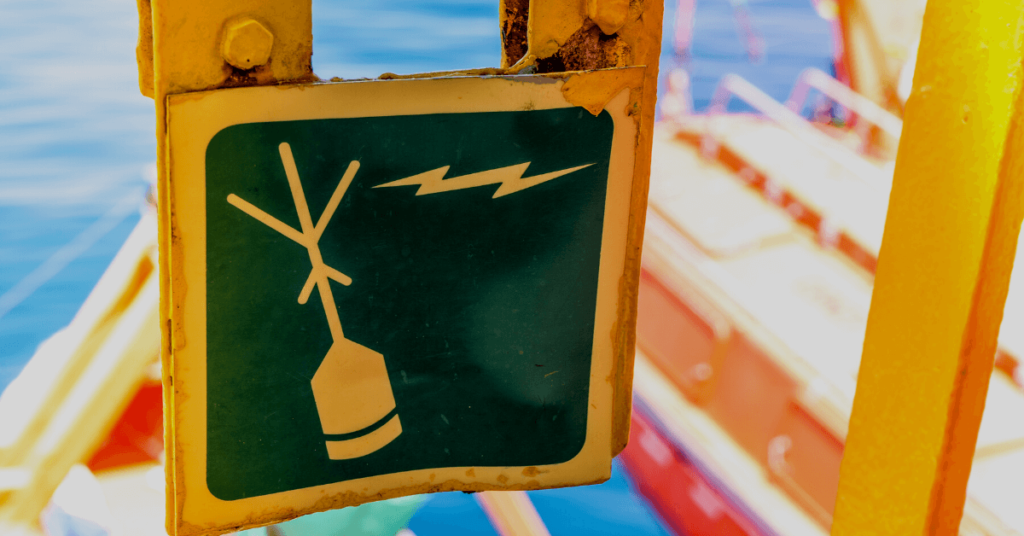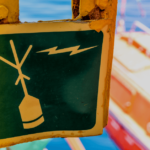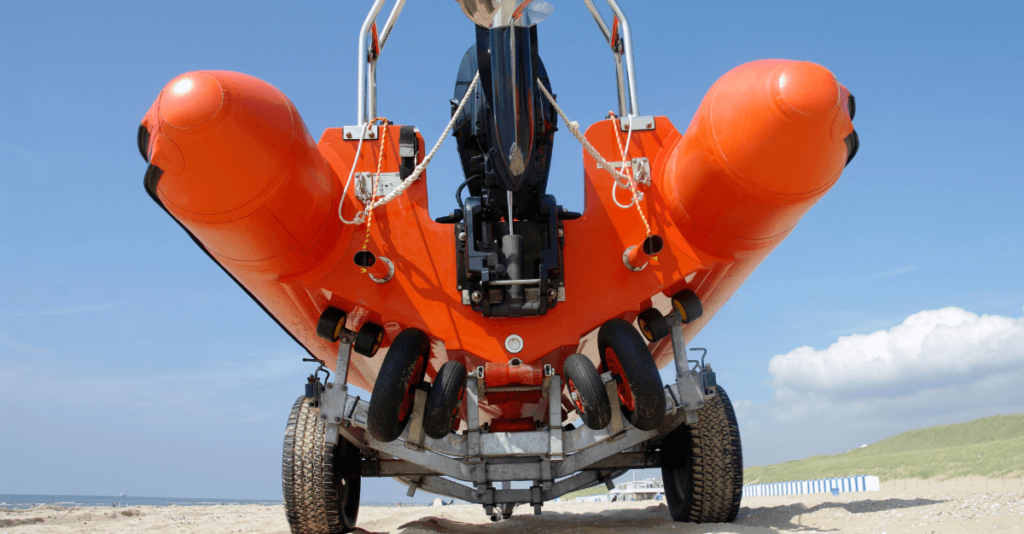How to Minimize the Risks of an Electrical Shock on a Ship?
If you are new to a ship, the first few days might leave you confused, lost, and extremely apprehensive as to how are you going to spend the rest of your days of your contract on the ship safely without confronting any accidents.
The huge matrix of pipes, the complex machinery, and the massive bunch of wires which runs without any restrictions in different directions might leave you a bit messed up in your mind. It is during this vulnerable mindset, you can come across the worst accident that has happened to you.
When we talk about accidents on a ship, an electrical shock is the worst of all kinds. Electrical wires and connections are present everywhere on a ship and it is important to escape them to prevent yourself and others from getting a major electrical shock.

Moreover, it is said that a person onboard a ship gets an electrical shock mainly due to its negligence and unawareness.
In this article, we will learn how you can save yourself and others from an electrical shock on board a ship.
Also, find out what all precautions you should take to minimize the risk of an electrical shock on board.
Steps to Minimize the Risk of an Electrical Shock Onboard
1) Start with the first round of the day; check all electrical motors, wiring, and switches, for abnormal sounds, variation in temperatures, and loose connections.
2) Ensure that all electrical connections are inside the panel box so that no one can touch them accidentally.
3) In the accommodation area multiple socket plugs shouldn’t be used.
4) Turn off the breaker before starting any work on an electrical system.
5) Use ply card and notice board as much as possible to inform others about the ongoing work to avoid accidental starts.
6) Double check the electrical tools like portable drills for any loose wires before attempting any job.
7) Always wear protective clothing, rubber gloves, rubber knee pads and safety shoes to avoid the risk of shock.
8) Use electrically insulated handle tools for working or checking the electrical system.
9) Before working, remove the jewellery wristband and other conductive items.
10) When working or removing multiple wires, tape off all but the one wire you are working on.
11) Try as much as possible not to work on a live system and even if you do so by a professional and work carefully with full concentration.
12) During working in a group or pair, organise a toolbox meeting and discuss the procedure, risk and hazards of the job at hand.
13) If you don’t know about the system, ask for assistance. Don’t work without knowing it.
14) Always think about your own safety and the safety of fellow persons while carrying out any electrical work.
Check out Marine Electrical Digital Guides:
✓ Maintenance And Troubleshooting of Marine Electrical Systems
✓ Marine Electrical Technology – 11th Edition
✓ Marine Control Technology – 4th Edition
✓ Testing of Electronic Components On Ships And Land
✓ Marine High Voltage Technology
✓ Competency In Marine Electrical Engineering – 2nd Edition
✓ Maintenance And Troubleshooting of Marine Electrical Systems – Volume 2
Disclaimer :
The information contained in this website is for general information purposes only. While we endeavour to keep the information up to date and correct, we make no representations or warranties of any kind, express or implied, about the completeness, accuracy, reliability, suitability or availability with respect to the website or the information, products, services, or related graphics contained on the website for any purpose. Any reliance you place on such information is therefore strictly at your own risk.
In no event will we be liable for any loss or damage including without limitation, indirect or consequential loss or damage, or any loss or damage whatsoever arising from loss of data or profits arising out of, or in connection with, the use of this website.
Do you have info to share with us ? Suggest a correction
Latest Ship Safety Articles You Would Like:
Disclaimer :
The information contained in this website is for general information purposes only. While we endeavour to keep the information up to date and correct, we make no representations or warranties of any kind, express or implied, about the completeness, accuracy, reliability, suitability or availability with respect to the website or the information, products, services, or related graphics contained on the website for any purpose. Any reliance you place on such information is therefore strictly at your own risk.
In no event will we be liable for any loss or damage including without limitation, indirect or consequential loss or damage, or any loss or damage whatsoever arising from loss of data or profits arising out of, or in connection with, the use of this website.

About Author
An ardent sailor and a techie, Anish Wankhede has voyaged on a number of ships as a marine engineer officer. He loves multitasking, networking, and troubleshooting. He is the one behind the unique creativity and aesthetics at Marine Insight.
Subscribe To Our Newsletters
By subscribing, you agree to our Privacy Policy and may receive occasional deal communications; you can unsubscribe anytime.






















Very good article.
But can I add some more? If so,
1. All wire should be treated live wire. That mean if someone see bare wire, he should check voltage with good meter before touching it.
2.Breaker off, fuse take off and lock the breaker. And post “Man On Work”. After that you should check the terminal you want to work with good meter to make sure you switch off the right breaker.
I completely agree with you. Safety should be the prime concern for all seafarers working on board.
One of the most important practice on an electrical related work or job either onboard or inland …”Lock-out / Tag-out”.
very good article.Thanks
I really like how you said to check all electrical motors, wiring, and switches. My parents just bought a boat to take out on the ocean this summer. Thank you for the safety tips for marine electricity.
Thank you so much and nice topic.
Well illustrated articles ,in line with safety but if you can talk about passeger electrical safety ,please
I wish to take this opportunity to complement your informative article! .
Thank you Ronnie
Do rubber gloves prevent electric shock? The answer is yes if the rubber gloves are designed for electrical use. But for usual rubber gloves, this function is not reliable or even non-existent.